Michelle lives in public housing and her unit had a lot of problems. She went years without heating. Mold grew in the walls. But worst of all, sewage continually would fill her tub and toilet. She was forced to relieve herself in a bucket. Her property manager wouldn’t fix any of these issues.
In 2012 her grandchildren needed a place to stay for an extended period and Michelle welcomed them into her home. That’s when the heater broke. The winter was cold: every night they would shiver under blankets while watching TV or eating dinner. Michelle submitted work request after work request. A repairman even came out to inspect the unit once, but nothing came of it. It was determined that the entire heater would need to be replaced and the Housing Authority wouldn’t pay for it.
Around the same time, Michelle noticed black mold building up on the walls in the kitchen and the bathroom. Ventilation fans were never installed in her unit. In fact, the Housing Authority had sent out notices telling tenants to open their windows while showering or cooking pasta to combat mold. She tried scrubbing the mold but it always grew back. She sent in more work orders, but all of these were ignored. The Housing Authority was not going to fix it.

She again went to the property manager and requested fixes. They sent out a plumber who snaked the pipes, but this failed to solve the problem. The Housing Authority refused to offer any more help and it was costing Michelle her health. She was having trouble breathing and was coughing more.
At the same time, the Housing Authority was attempting to collect thousands of dollars in back-rent from her. Michelle’s work as a construction foreman was never consistent and this led to a dispute over how much she owed. Simply put, Michelle wasn’t getting enough hours at her worksite to pay the rent the Housing Authority demanded. She faced an eviction.
I prayed for help. God sent Open Door Legal.

Open Door Legal has done more than just
transform my living space; it’s changed my life.


